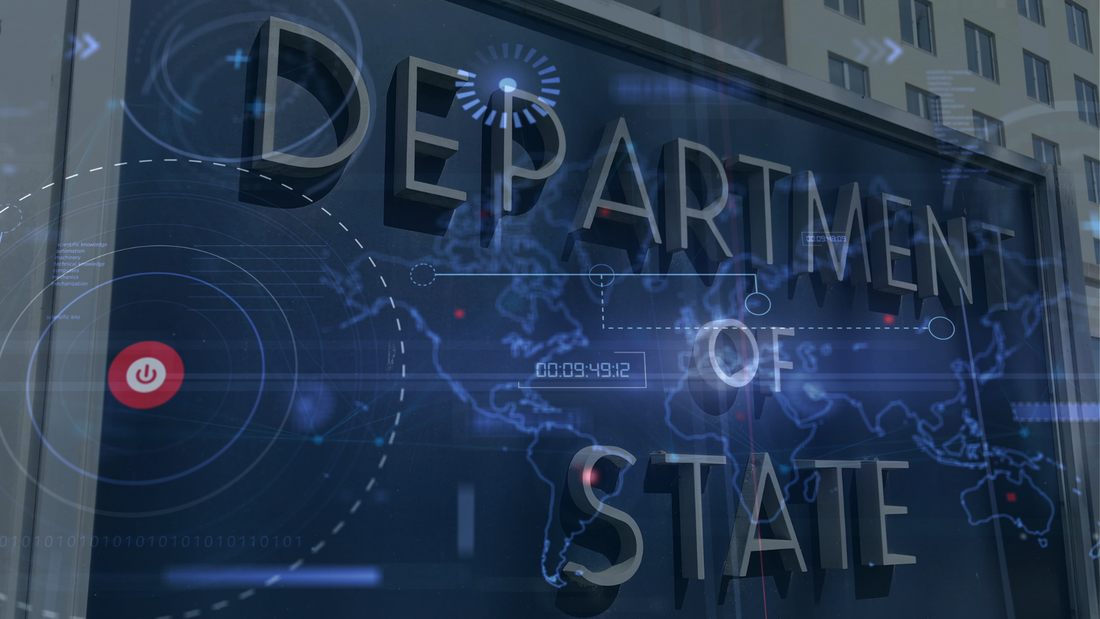|
The U.S. State Department last week released a document that offers “Guiding Principles on Government Use of Surveillance Technologies.” This paper gives other countries advice on how to use technical, legal, and transparency rules to keep surveillance technology from destroying democracy and privacy.
But it is fair to ask: How well does Washington, D.C. live up to its own advice? That pervasive surveillance is going global is indisputable. On the same day the State Department released this paper, two New York Times journalists reported on all the exotic items for sale at a Dubai surveillance conference – facial recognition software that tracks individuals across cities, facial recognition goggles, and miniaturized cameras and recording devices inside fake car key remotes and coffee cups. Surveillance technology, including the universal smartphone violator Pegasus, are making a Chinese-style surveillance state possible. The State Department document cautions countries against going down this path toward totalitarian surveillance that leaves people no room for privacy. The State Department warns that surveillance can be used to target journalists, political opposition members, and activists, as well as marginalized minorities. We should take this standard as a marker for our improvement as well. According to the secret Foreign Intelligence Surveillance Court, the FBI has conducted “widespread violations” by conducting warrantless, backdoor searches of communications. It has come to light that the FBI has plumbed FISA data with search terms for: a U.S. Congressman, “a local political party,” “multiple U.S. government officials, journalists, and political commentators,” as well as two “Middle Eastern” men, flagged by a witness because they were loading boxes into a vehicle. The State Department advises upholding “procedural rights” that protect the offline and online civic space of a country. State also says that “the quantity and nature of information collected through surveillance technology and the timeframe for which that data is retained should be limited to what is relevant or necessary …” In this light, we should note that U.S. defendants have little ability to know if a backdoor search of their data has been used to target them. In court, defendants have practically no such rights – especially with a “state secrets” privilege that effectively makes discovery of the use of warrantless surveillance impossible. And what to make of State’s advice concerning limits on the quantity of data? In addition to having access to the National Security Agency’s torrent of global and domestic data, the FBI buys metadata and even content scraped from apps and sold to the government by third-party data brokers. We point out these contradictions to underscore the need for Congress to use the pending reauthorization vote of FISA’s Section 702 – which ostensibly authorizes surveillance of foreign actors abroad – to perform a deep, investigatory dive into surveillance abuse. That knowledge can guide the drafting of meaningful reforms – including a warrant requirement whenever Americans are the government’s target. The United States is a world leader when it comes to protecting civil liberties. If we complete the job, we will continue to be the country that others look to emulate. Comments are closed.
|
Categories
All
|


 RSS Feed
RSS Feed